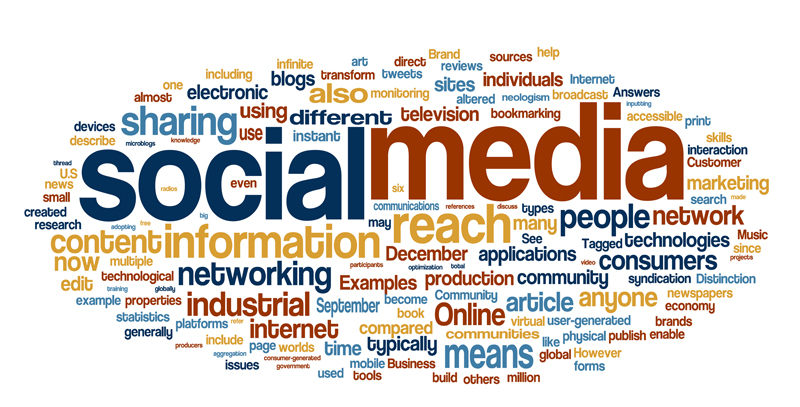 Things are evolving in the world of search. It used to be that if you picked a couple of key words and put the proper SEO terms in your post you would be set. Well, things are a-changin’.
Things are evolving in the world of search. It used to be that if you picked a couple of key words and put the proper SEO terms in your post you would be set. Well, things are a-changin’.
Now it appears that search engines have begun to include social context into their search results. Social media platforms are growing at such an astounding rate that it’s only natural that they should be considered as a search term resource.
Google+ already did that. We’ve talked about how in a previous post, content that has been shared or +1 prioritizes that content in its search algorithms.
I hear all the time that Bing—well, uh—sucks. That may be true as a pure search engine, but it’s ahead of the game in social search. With its relationships with Facebook, Twitter, Klout, Quora and Foursquare, it incorporates their data into its search results. If you allow Bing to connect to your Facebook account, it will give you results from your social networks that are referencing your search term.
Go ahead and try it with your books or name. When I type in Mr. Pish, our Indies Unlimited canine hero, I get the normal list of search items on the left and a bunch of activity from the social networks about Mr. Pish on the right.
The elephant in the room is Facebook. On January 15th, Facebook is set to make a big announcement. I’m not a fortune teller, but if I had to guess, it’s one of two things. Either a new layout, which I’m not sure they want to do again so soon, or, they will be announcing their own search engine.
This past fall, Facebook CEO Mark Zuckerberg alluded to the fact that he is interested in launching a social search engine. Zuckerberg claims, “… we’re basically doing 1 billion queries a day and we’re not even trying.” Think about it this way: their 1 billion is about a third of what Google does in a day and 20 TIMES what Bing does in a day.
So how does social search help indie writers and self-publishers? Thought you’d never ask …
Let’s say someone wants to find out, “What action/adventure set in Seattle have my friends read and liked?” Out pops reviews, likes, and posts on what your network is reading.
This is the kind of answer that Google isn’t very good at answering; sure it can give you the usual items that might show up, but it can’t give you the ones your friends like unless they are on Google+ talking about it (they’re not.)
We’re not completely there yet, although Bing is closing in on the concept. Meanwhile we wait and see what Facebook will do this week. If it goes as I think, stay tuned next week and I’ll help you get a jump on taking advantage of this new feature by sharing with you seven steps you can take to get the most out of social search.

Hey Jim,This sounds very exciting and thanks for sharing. I didn’t know about Bing and Facebook; it sounds as if this could be used as a great marketing tool. I look forward to your next post. Do you have a glass ball per chance? You always seem to be a step ahead of the game 🙂
I was just starting to get my arms around the old paradigm…. Thanks for the heads up, Jim – it’ll be interesting to see what Facebook comes out with next.
Very interesting, Jim. I’m now eagerly awaiting the news and, if it goes as planned, your post.
Oh, holy crap. Just when I think I am beginning to get the hang of things something new comes up. I guess the fates have decided that I will never be allowed to get comfortable. But if it sends readers my way, I’m in.
Great info, Jim and if all goes according to your plan, I look forward to seeing your next post. 🙂
Great post Jim. The writer’s world is always changing and we have to change with it, or be left behind. I look forward to hearing more.
Very interesting Jim. Can’t wait to see what you find out.